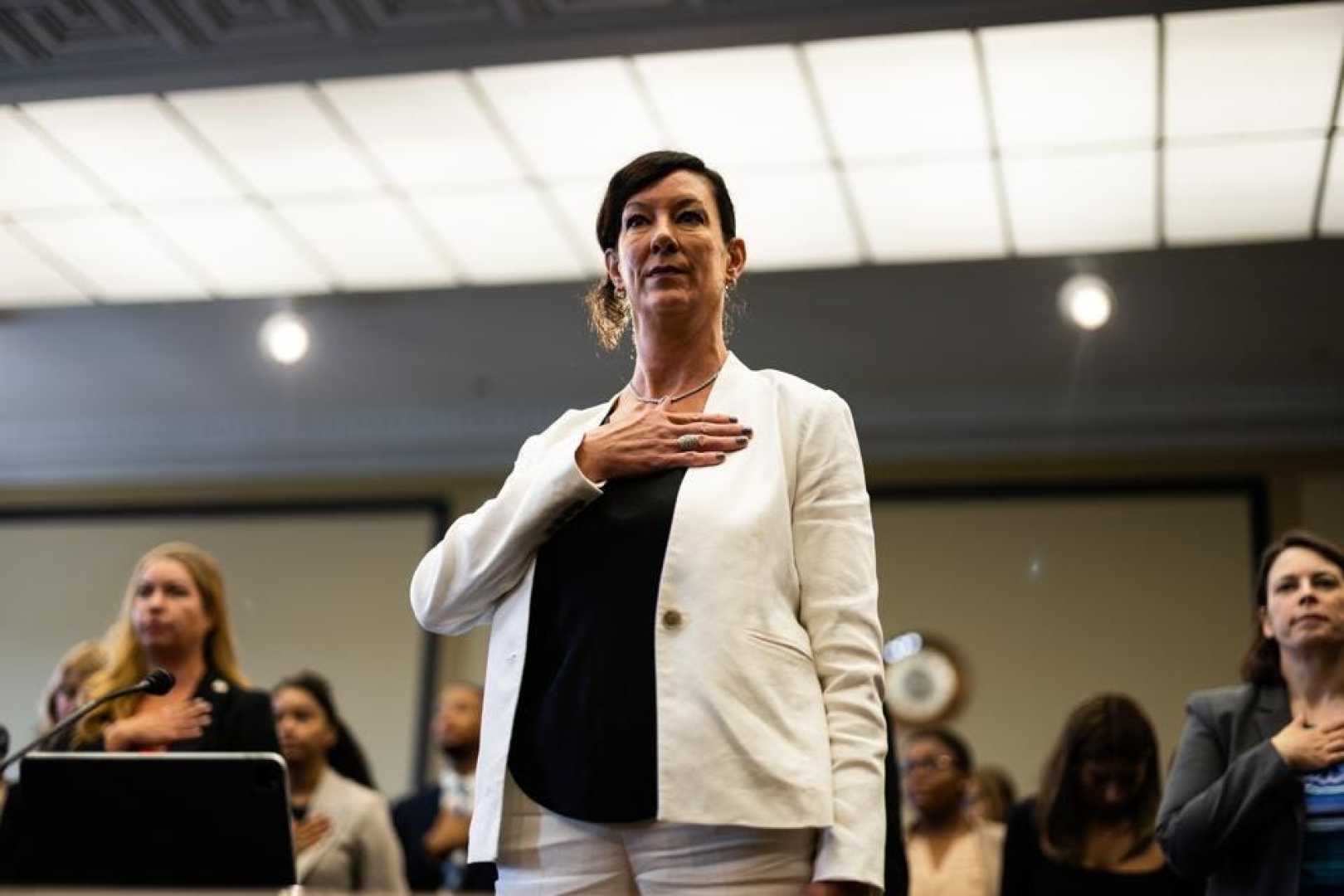Politics
Bureau of Prisons Director Resigns Amid Trump Administration Shake-Up

WASHINGTON, D.C. — Colette Peters resigned as Director of the Bureau of Prisons (BOP) on Monday, January 21, 2025, just as President Donald Trump was inaugurated for his second term. Deputy Director William Lathrop will serve as acting director. Peters, who previously led the Oregon Department of Corrections, stepped down after 30 months in the role, leaving behind a legacy of unresolved challenges, including staffing shortages, crumbling infrastructure, and low morale.
Peters took the helm of the BOP in August 2022, inheriting a system plagued by systemic issues. Despite her efforts, many of these problems persisted throughout her tenure. Among the most notable controversies was the scandal at FCI Dublin, a federal women’s prison dubbed the “rape club” after multiple staff members, including the warden and chaplain, were convicted of sexually abusing inmates. In December 2024, the BOP settled a $116 million lawsuit brought by 103 women incarcerated at the facility.
During her time as director, Peters maintained a cooperative relationship with Congress, frequently testifying before the House and Senate Judiciary Committees. She openly discussed the BOP’s challenges, including staffing shortages and deteriorating facilities, but struggled to implement lasting solutions. The passage of the Prison Reform Act in 2024, which allowed the Office of Inspector General (OIG) to conduct unannounced inspections, highlighted ongoing issues such as inadequate medical care, poor food quality, and unsanitary living conditions. However, the law remains unfunded, limiting its impact.
Staffing shortages were a persistent problem under Peters’ leadership. A 2024 OIG report on FMC Devens, one of the BOP’s seven medical centers, revealed that 20% of correctional services positions, 24% of health services roles, and 39% of psychology services jobs were vacant. These shortages led to extended lockdowns and reduced programming for inmates. Despite increased salaries and retention bonuses, the BOP struggled to attract and retain staff.
Peters did make progress on implementing the First Step Act, a landmark criminal justice reform law signed by Trump during his first term. The act allowed nearly 50,000 minimum- and low-security prisoners to earn early release through programming and productive activities. However, issues with calculating sentence credits and a lack of halfway house space delayed many releases, undermining the law’s effectiveness.
In an effort to improve transparency, Peters participated in a candid interview addressing the BOP’s challenges. However, the interview did little to improve public perception or morale among staff. Peters faced criticism for her inability to specify the number of workers needed to fully staff prisons and for sidestepping questions about apologies to victims of sexual abuse at FCI Dublin.
Peters’ resignation comes as the Trump administration prepares to overhaul federal agencies, including the BOP. Trump has already reversed a Biden-era executive order banning the use of private prisons, signaling a shift in criminal justice policy. The BOP, with an $8.3 billion annual budget, remains a complex and costly agency, housing approximately 150,000 inmates. The next director will face the daunting task of addressing staffing shortages, modernizing aging facilities, and improving conditions for both inmates and staff.
As the Trump administration seeks to implement bold changes, the BOP’s future remains uncertain. With Republicans controlling both the House and Senate, the agency is likely to undergo significant reforms in the coming months.












